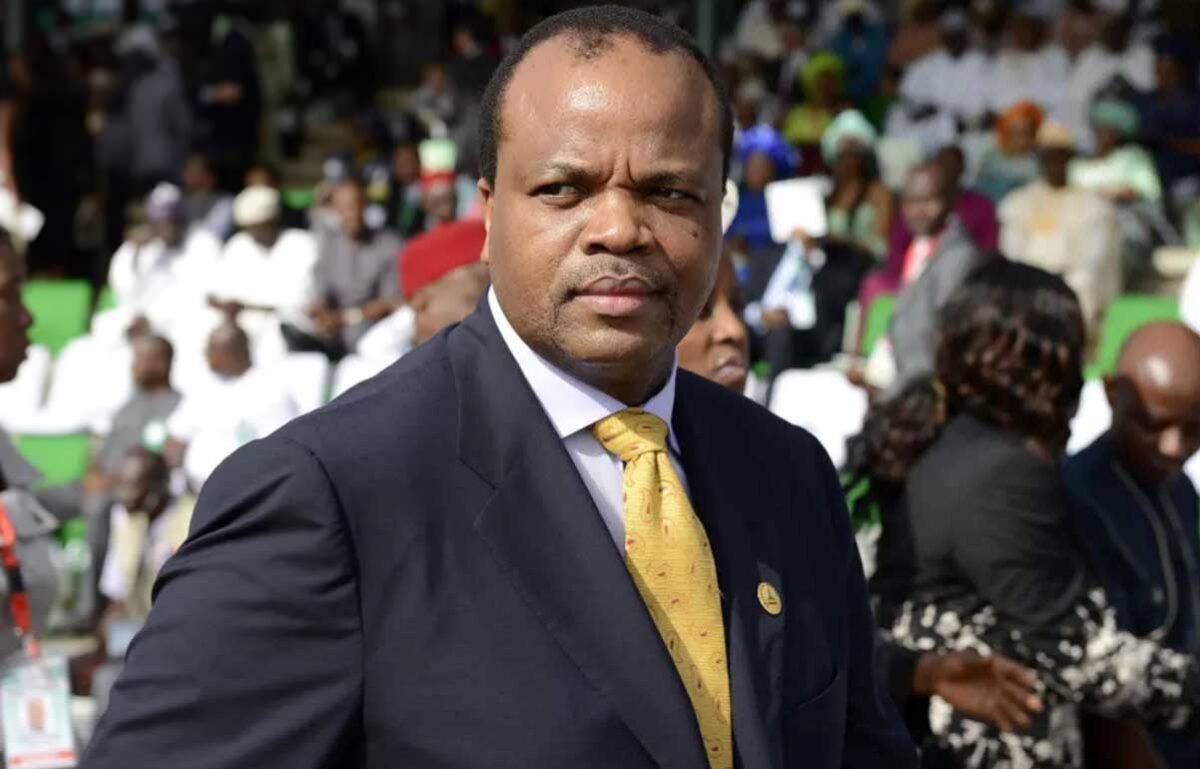MANZINI, Swaziland – Amnesty International has called for an independent investigation into the killing of civilians by security forces in the kingdom of eSwatini after days of riots last week.
The international human rights body said it had confirmed the deaths of 20 civilians, while six other people have been reported missing.
The government of eSwatini called in the army to restore order after days of violent protests against its absolute monarch. Authorities also shut down the internet.
The crackdown in the small southern African nation of 1.1 million people followed sporadic demonstrations against King Mswati III, some marred by rioting and looting. But most towns have been quiet since Wednesday, witnesses said.
Amnesty accused the government of Eswatini of “launching a full-frontal assault on human rights” and the killing of “dozens of people… for daring to demand that their government respects human rights.”
“We are urging authorities in eSwatini to end this escalating crackdown, and ensure that people can peacefully exercise their human rights including by allowing them to freely express their opinions without fear of violent retaliation,” said Deprose Muchena, Amnesty International’s director for East and Southern Africa.
“Authorities must carry out a prompt, thorough, impartial, independent and transparent investigation into reports of use of excessive force, and bring to justice anyone suspected to be responsible in fair trials.”
The Southern African Development Community (SADC) on Saturday expressed concern over the unrest and said it was urgently sending a team of ministers to eSwatini to encourage authorities “to have an open national dialogue, in order to continue upholding the legacy of peace and stability that has characterised the people of the Kingdom of eSwatini.”
Amnesty International said “at least 20 people are confirmed to have been killed by state security forces so far, and six others who participated in the protests are unaccounted for” while “at least 150 protesters have been hospitalised for injuries, including gunshot wounds.”
Added Muchena: “While there have been acts of violence associated with the protests, authorities should have responded in a differentiated and proportionate manner and respect and protect the right to peaceful assembly of those who are demonstrating peacefully.
“Amnesty International is calling on eSwatini authorities to allow independent pathologists and medical doctors access to those who have been killed, and ensure they can conduct full medical examinations to ascertain the circumstances around their deaths.”
Amnesty International also called for an end to the telecommunication blackout, calling it a “brazen violation of the rights to freedom of expression and information.”
Protests began last month following the mysterious death of 25-year-old law student, Thabani Nkomonye in May, allegedly at the hands of the police. His body was found in a field in Nhlambeni, about 10km outside Manzini.
Protesters, led by young activists, are demanding reform in a country where political activism has been suppressed for years.
Eswatini is the last absolute monarchy on the African continent, and authorities use repressive laws, including the 1938 Sedition and Subversive Activities Act (SSA Act) and the 2008 Suppression of Terrorism Act (STA) to silence critics.
Journalists, human rights defenders and political activists have been jailed for speaking out against King Mswati’s repression of dissent for many years.
Mswati’s detractors accuse him of being an autocrat – a charge he denies – and of using a poor country’s public money to fund a luxurious lifestyle spread over several palaces housing himself and his fifteen wives.
The king has hardly been seen in public since recovering from Covid-19 in February, although his government denies reports that he fled abroad during the protests.
















